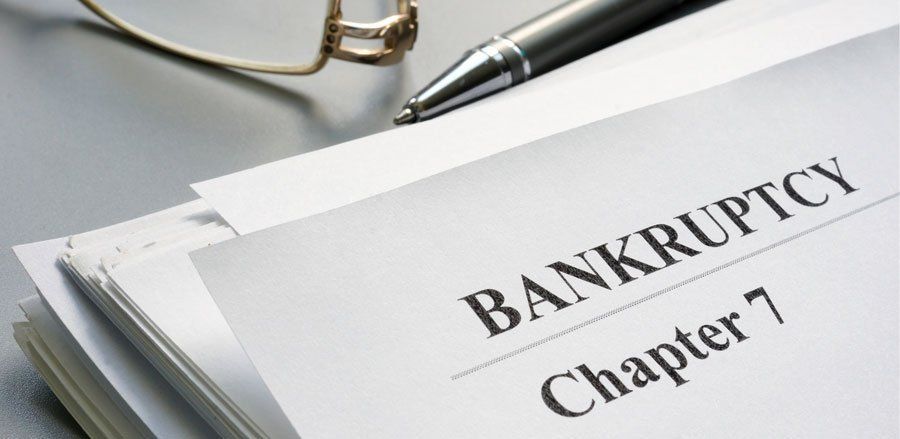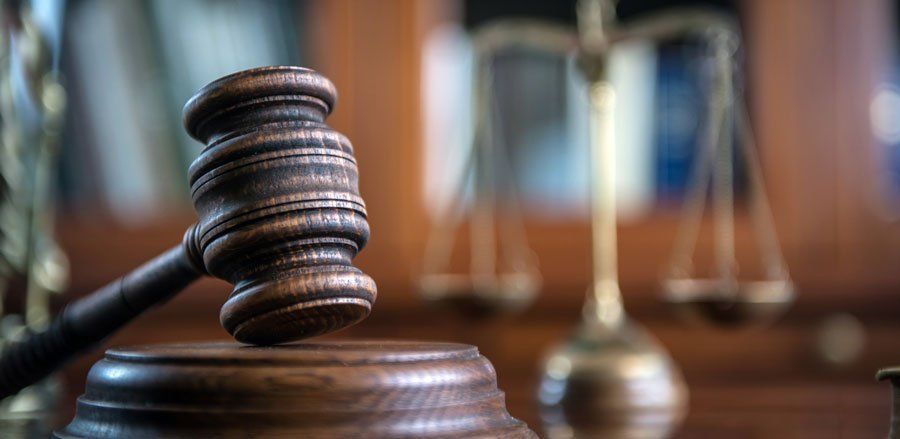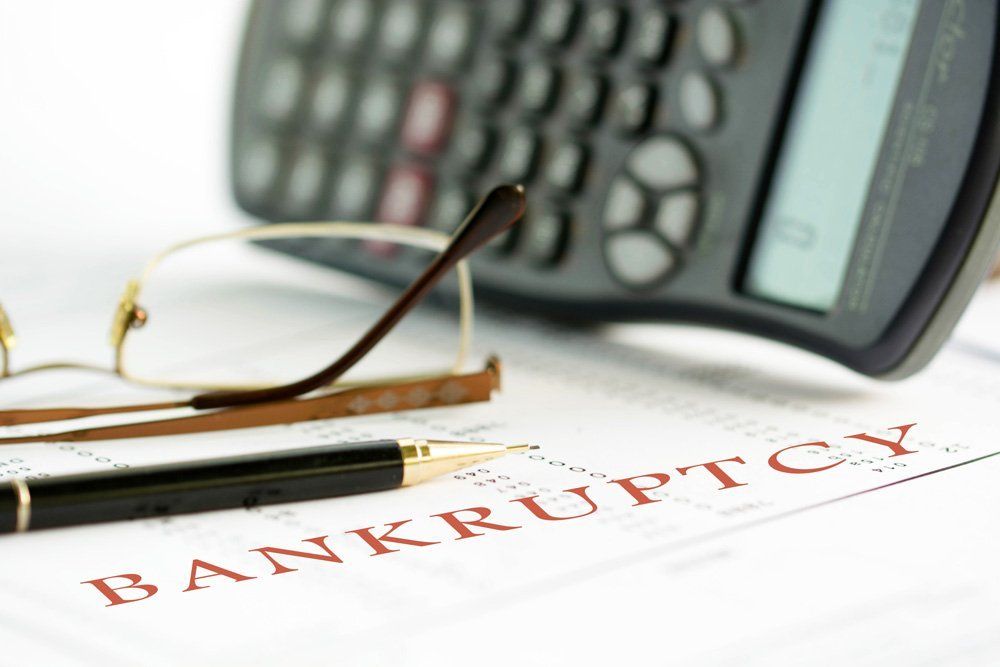Is Bankruptcy in Your Future? Five Things You Need to Know

When you file for bankruptcy, many aspects of the process will likely be new and confusing to you. It helps to know the following five things about bankruptcy so you can avoid making mistakes.
You Will Not Lose Everything With Bankruptcy
One misconception you might have about bankruptcy is that you'll lose everything you have. This is not true, since you can go through bankruptcy and still hold on to things such as your home and car. It's even possible to maintain your existing retirement accounts if you have them. A lawyer can help ensure that certain assets are exempt from your bankruptcy, giving you some much-needed protection.
Your Credit Will Not Be Ruined Indefinitely
It is possible to recover from a bankruptcy filing and raise your credit. Keep in mind that it can take time to get your credit back to what it once was. At first, the offers you receive to open new lines of credit will not be great, but you will need to open credit accounts and prove that you are responsible when it comes to borrowing money.
Utilizing a small portion of your credit line and making payments in full is key to rebuilding your credit. This kind of responsible behavior shows that you're able to pay back your new debts and refrain from using up all of your available credit. If you filed the type of bankruptcy known as Chapter 13 bankruptcy, then after seven years there will be no record of a bankruptcy on your credit report.
You Don't Need to Miss Payments to Qualify
Another misconception about bankruptcy is that you must miss payments until you are able to qualify, an idea that is also not true. You may have recently gone through a major change in your life that is going to cause you to fall behind on your debts. Such a change could include the death of a spouse or the loss of a job.
If you need to file for bankruptcy even though you haven’t missed a lot of payments, you will be able to do so. Those who have little to no income may want to discuss Chapter 7 bankruptcy with a lawyer.
You Can Discharge More Than Just Credit Card Debt
While credit card debt is a common debt to discharge, you can free yourself of other debt as well. Your lawyer can let you know which debts will qualify, such as utility or medical bills. However, not all debts can be discharged. For example, you will need to pay any delinquent child support, and you’ll need to pay back your student loans.
In order to have debts discharged, you must list the creditor when filing for bankruptcy. This notification allows the creditor to be notified of the bankruptcy filing and prevents the creditor from trying to collect the money you owe them. Even if you may have a successful bankruptcy filing, you will still have to pay any debts you forget to list, so make sure you’re thorough when you file.
You Can’t Discharge Debt You Acquired After a Certain Point
After you decide to file for bankruptcy, you will be unable to take on new debt and then list them in your bankruptcy filing. For example, if you lose your job and then have to file for bankruptcy, you cannot open a new credit card account and purchase things you do not plan on paying for.
Your ploy will be discovered when officials see that the purchases align with your loss of employment, and then you will need to pay those debts off.
For help navigating the complexities of bankruptcy, work with The Law Office of Joe R. “Jay” Johnson, II.









